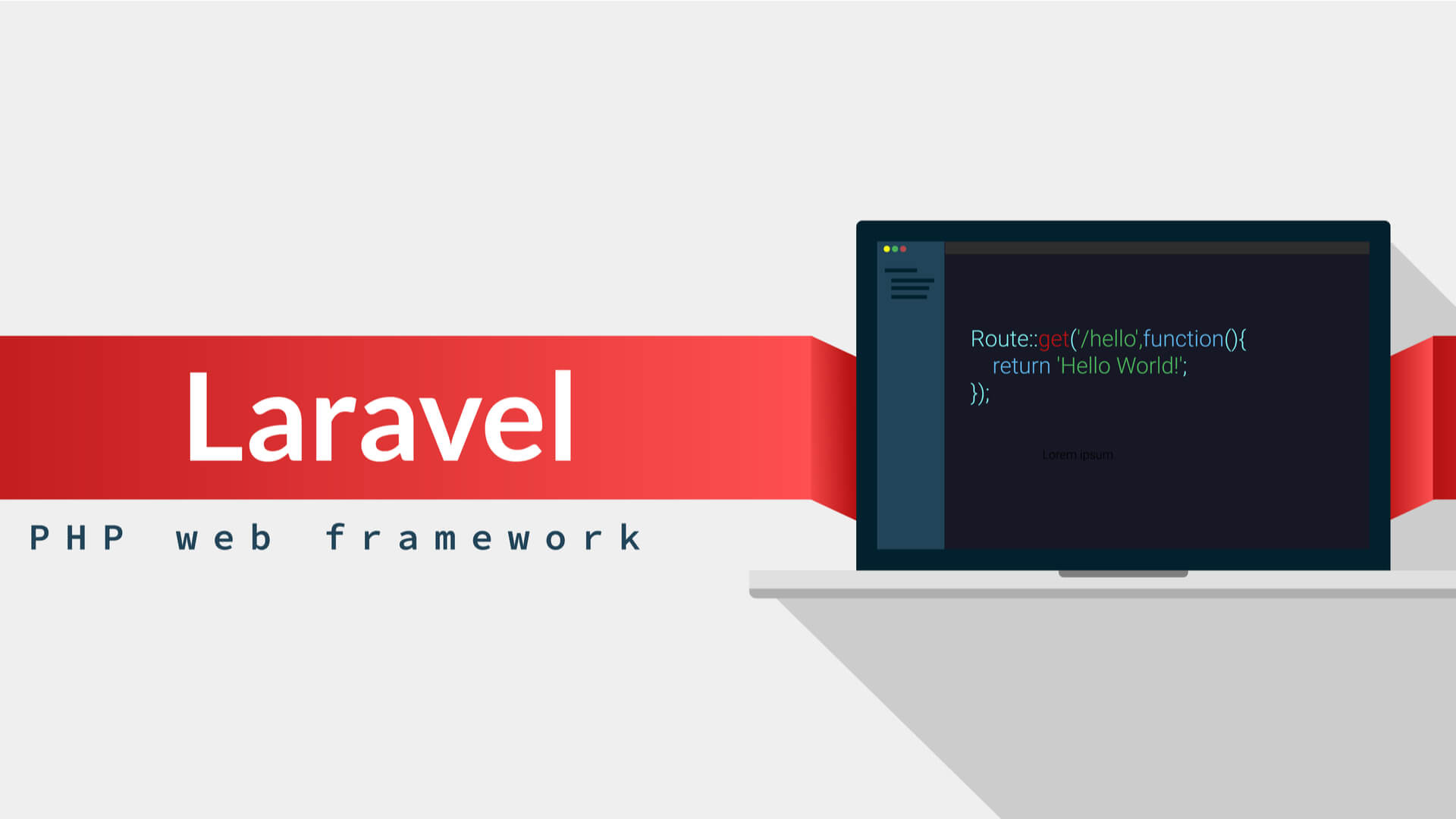Laravel Security in 2024
 Cafer Kara
Cafer Kara
In the ever-evolving landscape of web development, security is paramount. Laravel, a popular PHP web application framework, not only facilitates rapid development but also places a strong emphasis on security. In this article, we will delve into various aspects of Laravel security and explore best practices to fortify your web applications.
Authentication and Authorization:
Laravel provides a robust authentication system out of the box. Leveraging Laravel's built-in features such as Eloquent ORM and the Artisan command-line tool, developers can implement secure user authentication and authorization mechanisms. Additionally, Laravel's middleware enables you to control access to various parts of your application based on user roles and permissions.
Cross-Site Scripting (XSS) Protection:
Laravel helps protect your application against cross-site scripting attacks by automatically escaping user inputs. This process ensures that any user-generated content is appropriately encoded, preventing malicious scripts from executing in users' browsers. Developers should also be cautious and validate and sanitize user inputs whenever required.
Cross-Site Request Forgery (CSRF) Protection:
Laravel includes built-in CSRF protection to guard against cross-site request forgery attacks. This protection is implemented by generating and validating unique CSRF tokens for each user session. Developers must include the CSRF token in forms and AJAX requests to verify the authenticity of the requests and prevent unauthorized actions.
SQL Injection Prevention:
Laravel's Eloquent ORM uses parameterized queries, offering protection against SQL injection attacks. Developers should refrain from using raw SQL queries and instead utilize Laravel's query builder or Eloquent ORM methods to interact with databases securely.
Input Validation:
Laravel provides a comprehensive validation system to ensure that incoming data is in the expected format. By defining validation rules in controllers or form requests, developers can validate user input and protect against injection attacks. Laravel also offers pre-built validation rules for common scenarios, simplifying the process of securing input data.
HTTPS Configuration:
Enforcing HTTPS is crucial for securing data in transit. Laravel makes it easy to configure HTTPS by allowing developers to specify secure routes and automatically redirect HTTP traffic to HTTPS. Developers should obtain and install SSL certificates to enable secure communication between clients and servers.
Security Headers:
Laravel supports the implementation of security headers to enhance protection against common web vulnerabilities. Developers can configure headers such as Content Security Policy (CSP), Strict-Transport-Security (HSTS), and X-Content-Type-Options to fortify their web applications against various threats.
Logging and Monitoring:
Laravel's logging capabilities allow developers to monitor and log security-related events, helping in the identification of potential threats. By setting up logging and monitoring tools, developers can proactively respond to security incidents and implement necessary countermeasures.
Dependency Management:
Regularly update Laravel and its dependencies to ensure that the latest security patches are applied. Utilize tools like Composer to manage dependencies and keep the entire application stack secure.
Conclusion:
Laravel provides a solid foundation for building secure web applications. By following best practices in authentication, authorization, input validation, and other security aspects, developers can create robust applications that resist common web vulnerabilities. Regularly updating dependencies, monitoring security events, and staying informed about the latest security trends are essential steps in maintaining a secure Laravel application. Remember, security is an ongoing process, and adopting a proactive mindset is key to safeguarding your web applications.
Subscribe to my newsletter
Read articles from Cafer Kara directly inside your inbox. Subscribe to the newsletter, and don't miss out.
Written by
